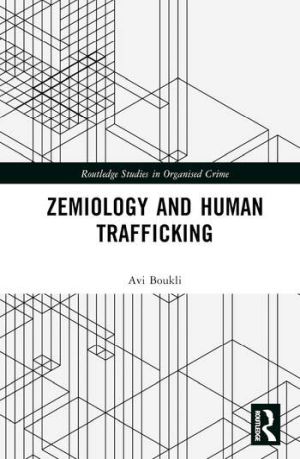
Following the rise of the zemiological movement, the concept of social harm has attracted a great deal of scholarly attention. Using this perspective, a number of scholars have sought to remove the constraining brackets surrounding criminological investigation in order to broaden its legitimate parameters of study and incorporate a wider range of un-criminalized and hidden harms. This book expands the literature on social harm by applying the concept of zemia to human trafficking investigations in Europe, North America, and Africa.
This book draws attention not only to various structurally imbedded harms, but also to the wider consequences of such harms. Drawing on a range of international legal cases on trafficking, this book offers a new direction in criminological and zemiological thinking and a reimagining of criminal justice responses to harm.